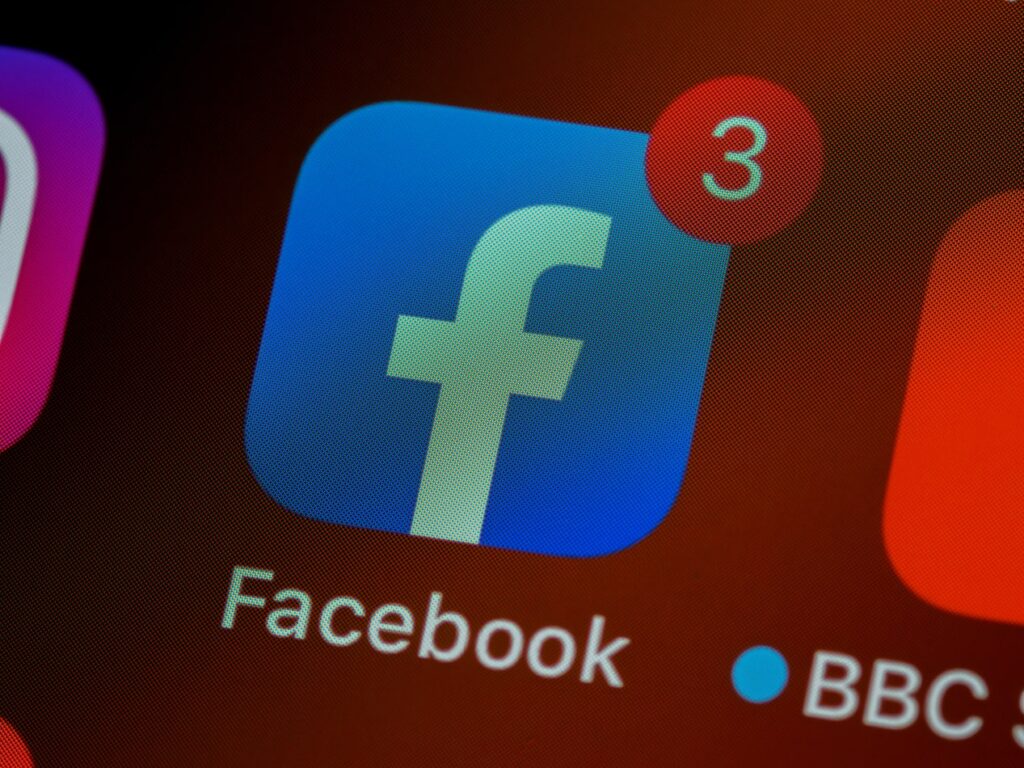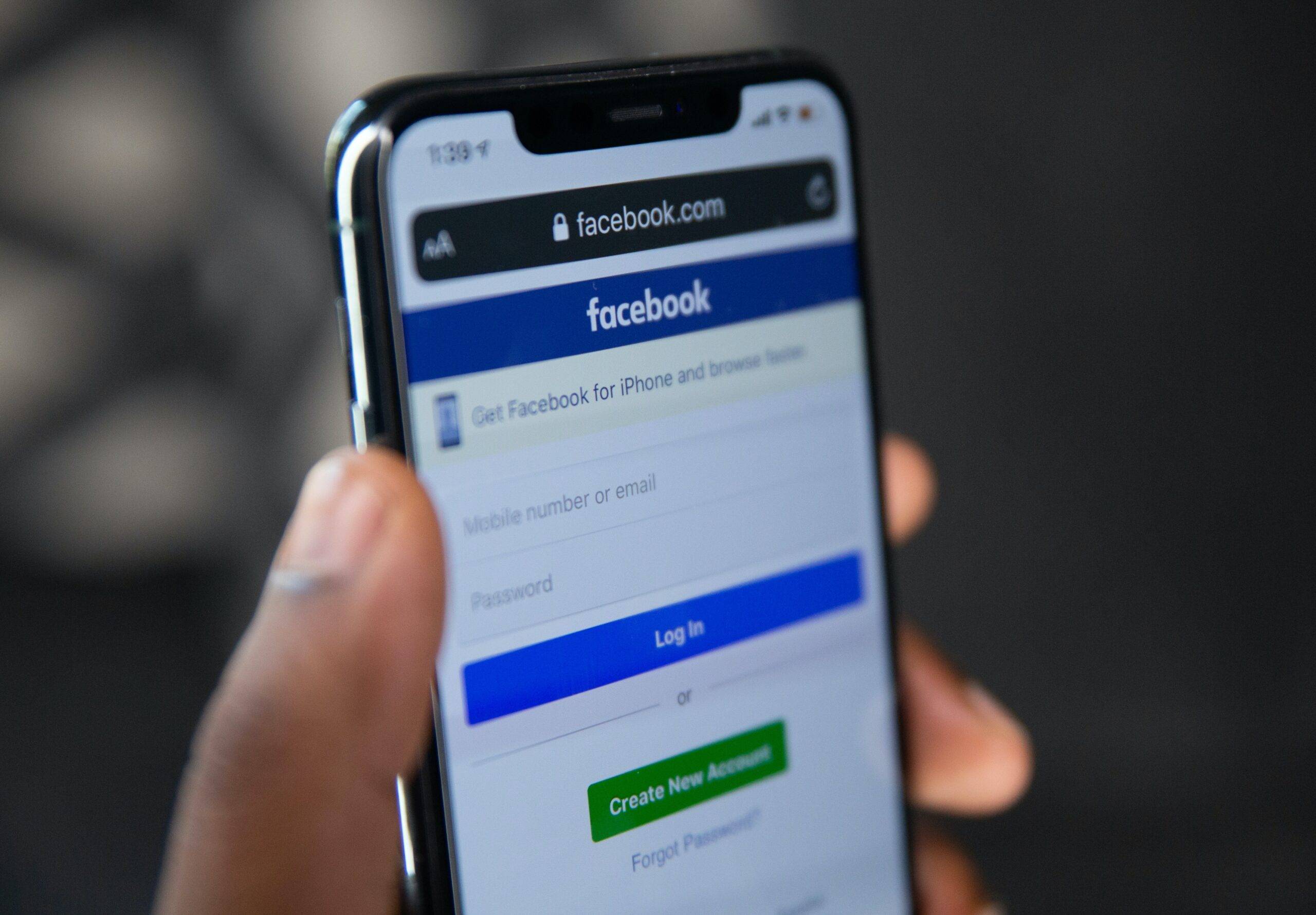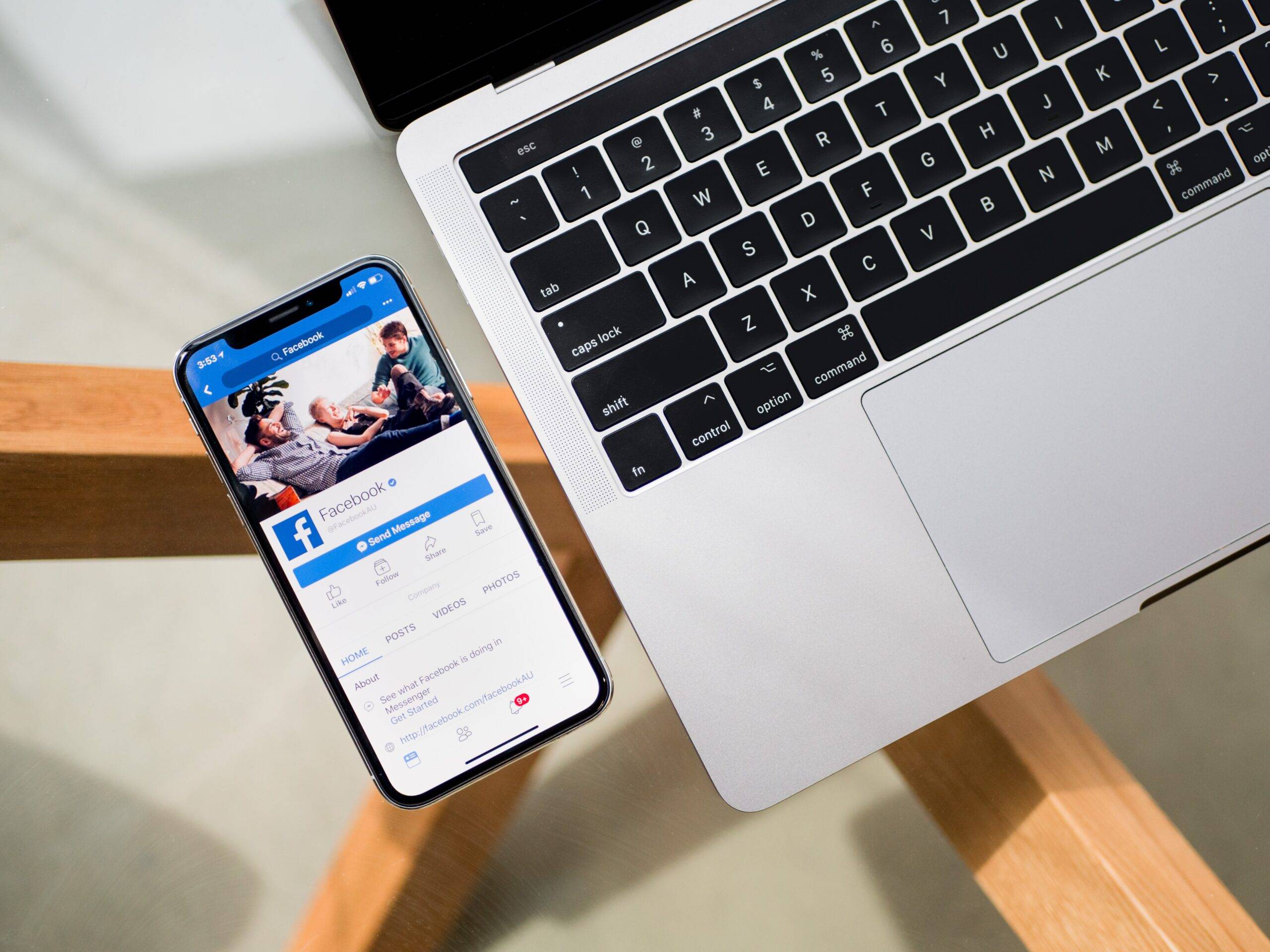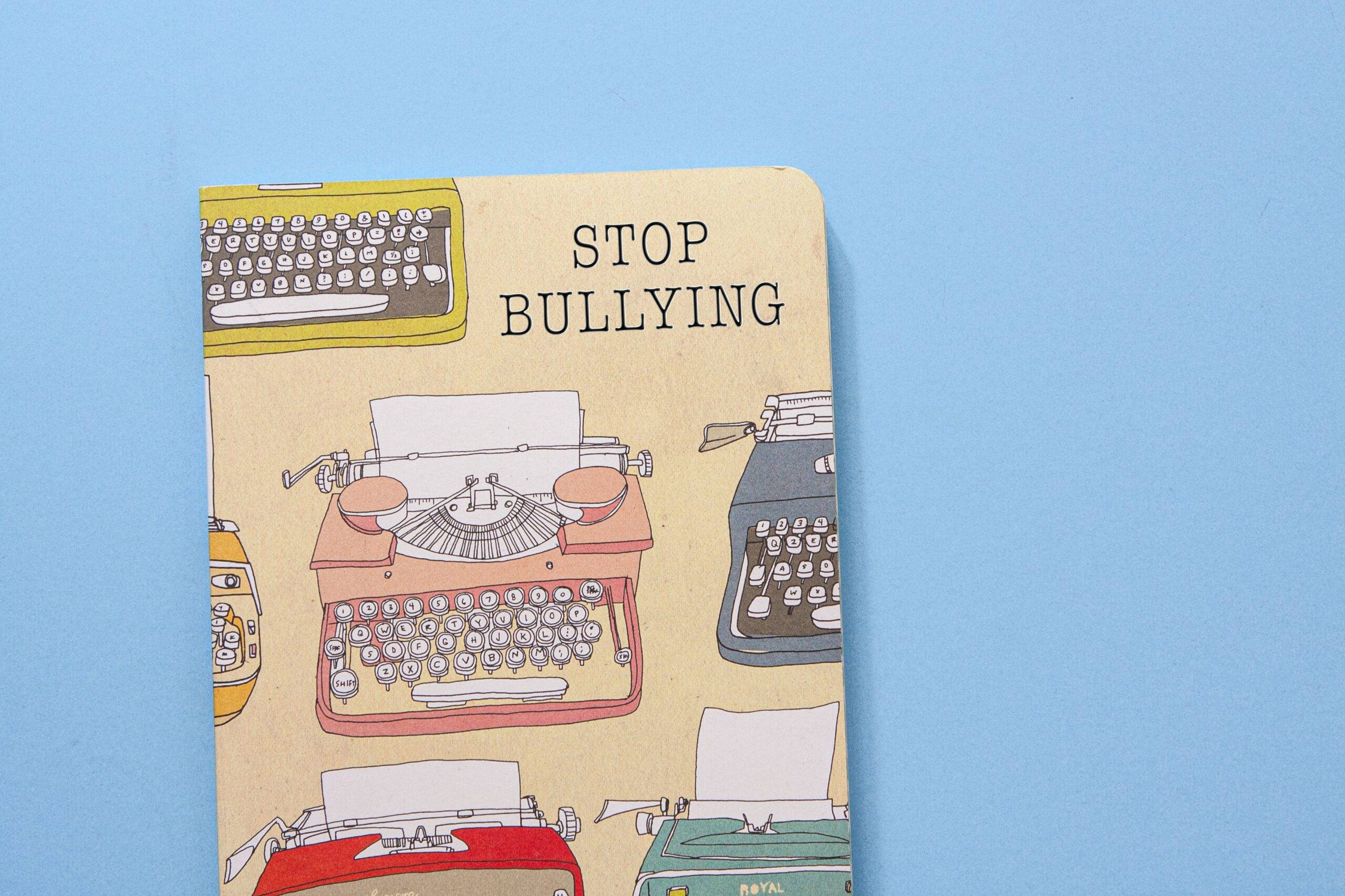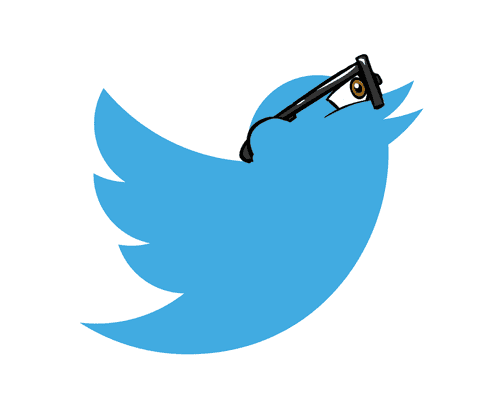Can Facebook Give Me A Virus: Things To Look Out For
One of the questions I get asked a lot is, “can Facebook give me a virus?” With over a billion people logging in at least once a month, it’s no surprise that criminals are constantly working to find ways to get access to and exploit users. Here are the most common ways you can encounter malware from using Facebook.
The good news is that just cruising Facebook, reading your friend’s posts in your newsfeed and updating your timeline can’t give you a virus. However, many posts include links to other pages, either to read an article, view a video, get a coupon, etc… Many links on Facebook, especially those posted to open community fan pages, will send you to pages infected with viruses or malware and there’s where you run into trouble.
It used to be that getting a virus or spyware required downloading an infected file or installing a malicious program. So long as you didn’t download suspicious programs or attachments or visit file sharing sites, you were generally safe surfing the net. These days, viruses and spyware have evolved to worm their way into your system just by going to an infected webpage.
Every time there’s a big news story (like when Osama Bin Laden was killed or during a highly publicized national event or tragedy) infected links pop up all over Facebook. In some cases, you’ll be “tagged” to a post with a link claiming to be to a news story or video. Clicking the link often leads to a blank page and users think they’ve simply encountered a bad link, but they’ve already been infected. Be wary – particularly if you don’t know the original person that posted the link. It’s best to update your Facebook settings so that you are notified and have the ability to allow or disallow any tagging of your profile by others. Then you can elect “don’t allow” any time you’re tagged in a post that you don’t know or trust.
Be very cautious about links that make promises. The “Win a free iPad!” or “Get a free Starbucks gift card!” posts are almost always a scam. Either they’re an attempt to lure you to provide personal information (data mining) or will direct you to a web page that’s infected with malware.
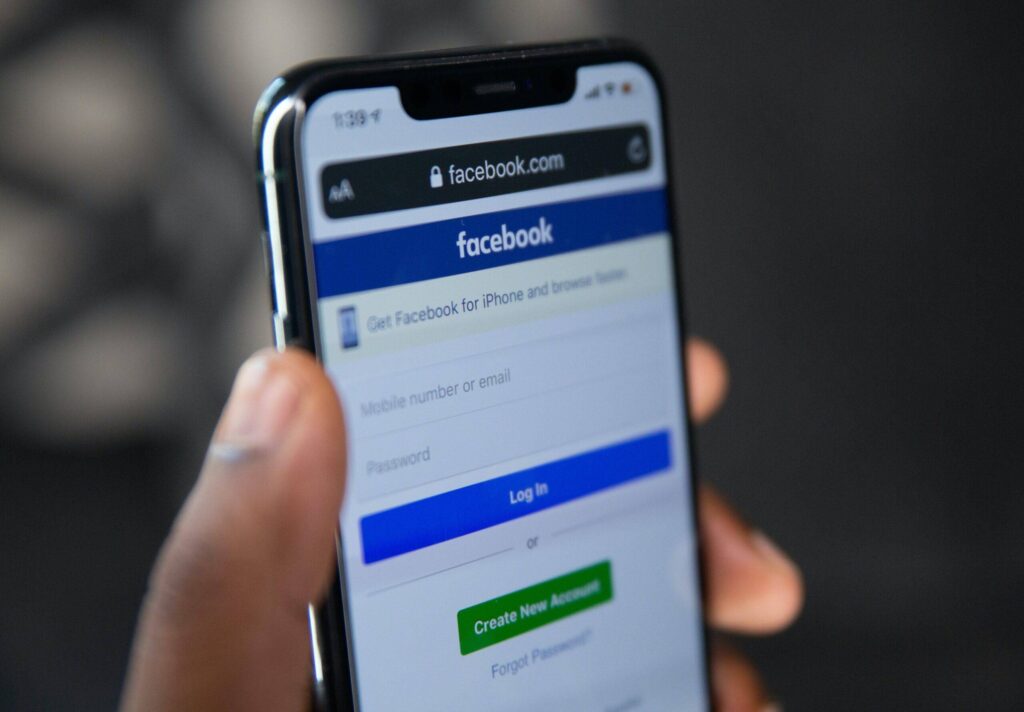
The nature of Facebook is such that many posts with malicious links appear to have generated from your friends, which gives victims a false sense of security. In many cases, the poster doesn’t realize that the link directs to an infected site. Even more common, clicking on the malicious link or installing a spyware-laced app will result in an auto-post to the victim’s timeline or blast messages to their contact list, leading their friends to see a recommendation to follow the link and further the spread of infection.
Those looking to infect users also frequently use links to videos with the tag “is this you?” and a suggestion that you were caught on film doing something unexpected. Or simply a link to a video that seems spectacular or intriguing. The link either directs you to an infected page, requires that you install an application to view the video (you’re actually installing malicious code), or asks for personal information before allowing you to view the material. Check the address listed below the video before you click to be sure that any video link you follow directs you to a reputable site that you recognize, like YouTube, CNN, etc.
Keep in mind that the ads posted to the margins and “sponsored links” take you outside of Facebook, exposing you to risk of exposure to infected weblinks. While it’s less likely that a link that Facebook approved to be included in an ad would be infected, you should exercise caution whenever you click a link that directs you off of a Facebook page.
If you encounter a page that prompts you to re-login to your Facebook account, check the address in your browser bar. Criminals can create pages that look exactly like Facebook and when you enter your username and password they’re able to capture your account. Close any page that doesn’t start with www.facebook.com – if you see anything between facebook and .com, don’t trust the page.
Call us anytime at 1-800-919-6373, contact us or visit our main service page to learn more about our virus removal services.
Related: What to Do If Your Facebook Account Gets Hacked

About The Author: Andrea Eldridge is CEO and co-founder of Nerds On Call, a computer repair company that specializes in on-site and online service for homes and businesses. Andrea is the writer of a weekly column, Nerd Chick Adventures in The Record Searchlight. She prepares TV segments for and appears regularly on CBS, CW and FOX on shows such as Good Day Sacramento, More Good Day Portland, and CBS 13 News, offering viewers technology and lifestyle tips. See Andrea in action at callnerds.com/andrea/.
Like This? We have more!
Sign up below to be kept in the loop and be sent more content like this in the future!
